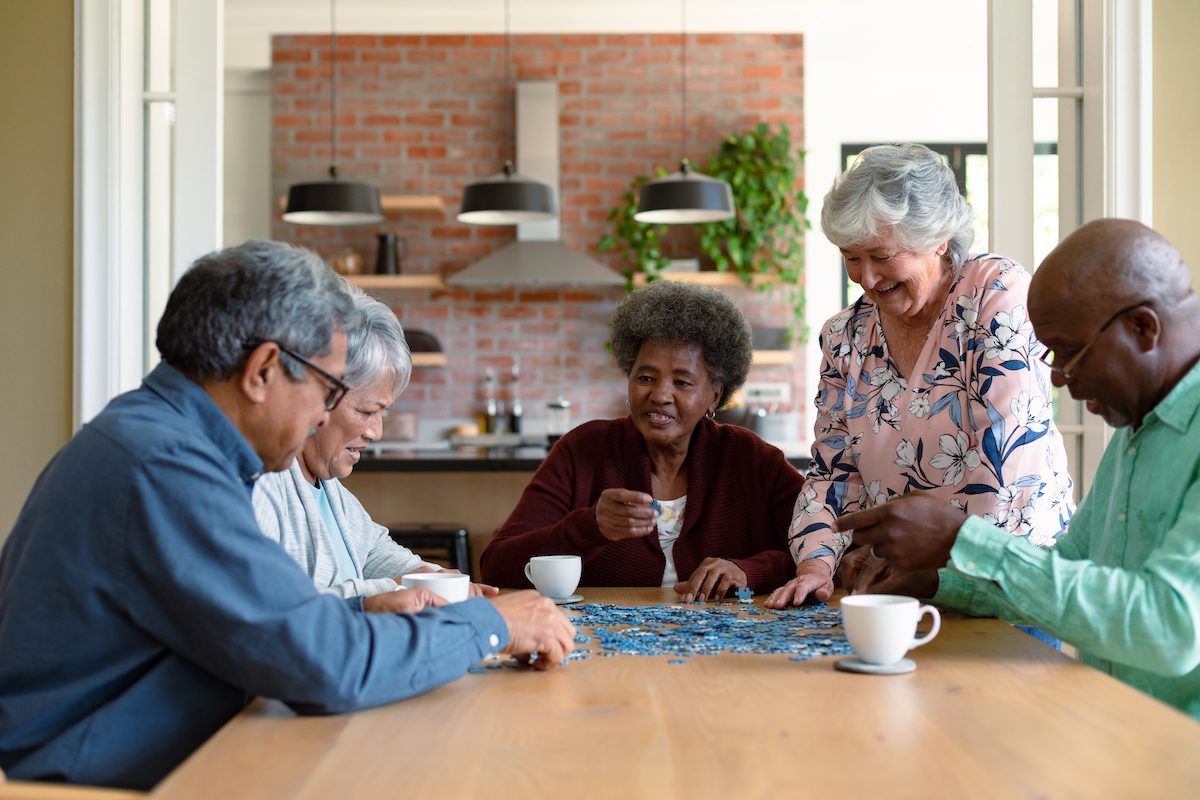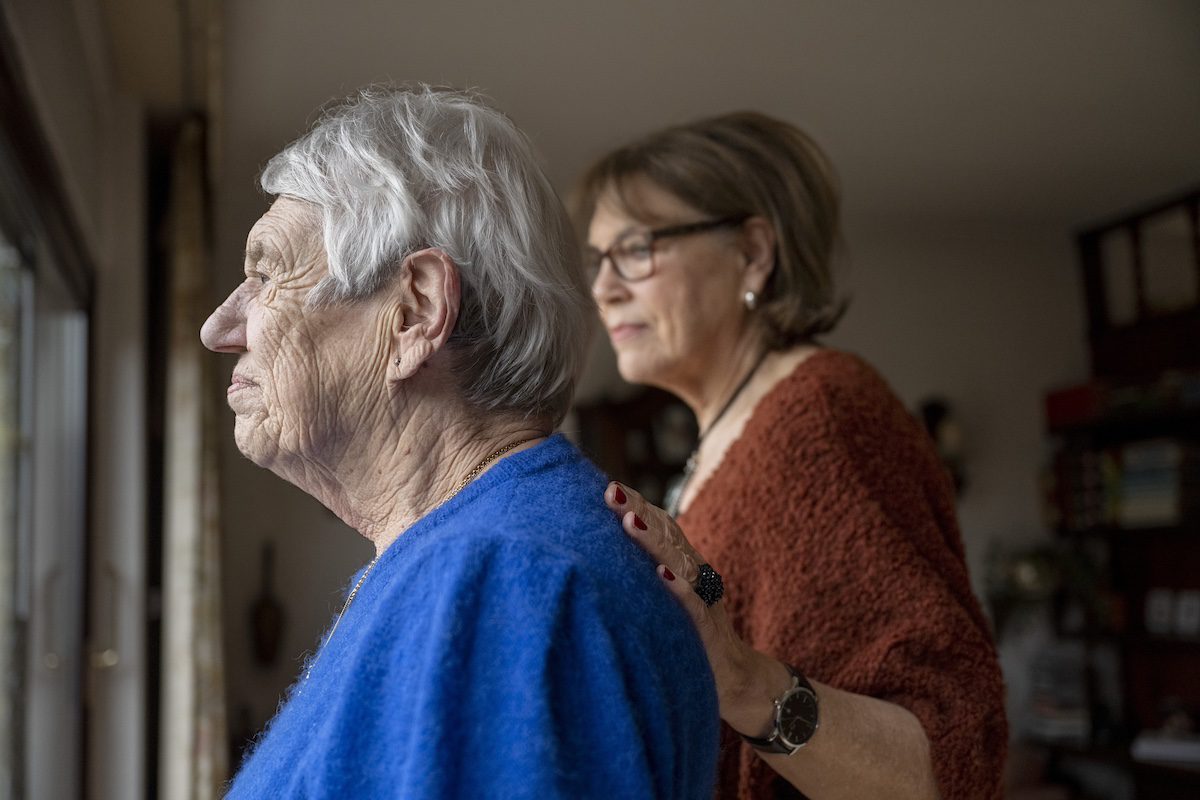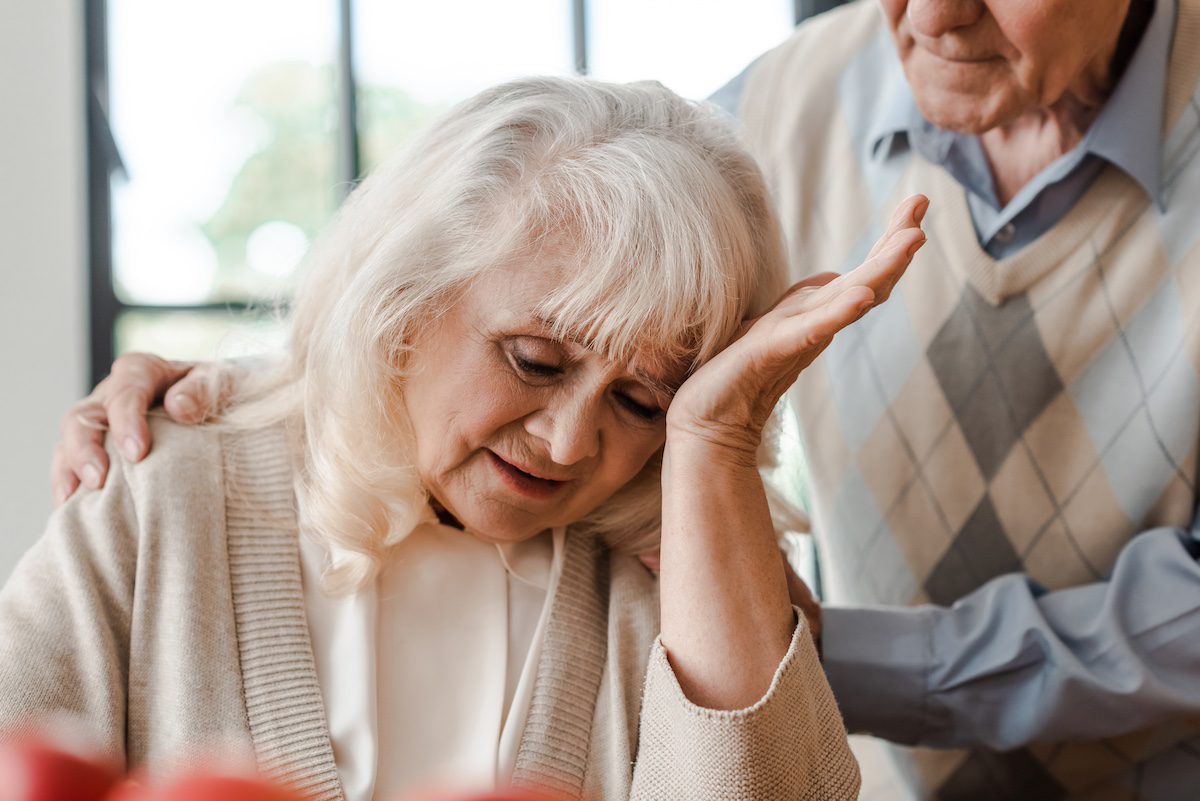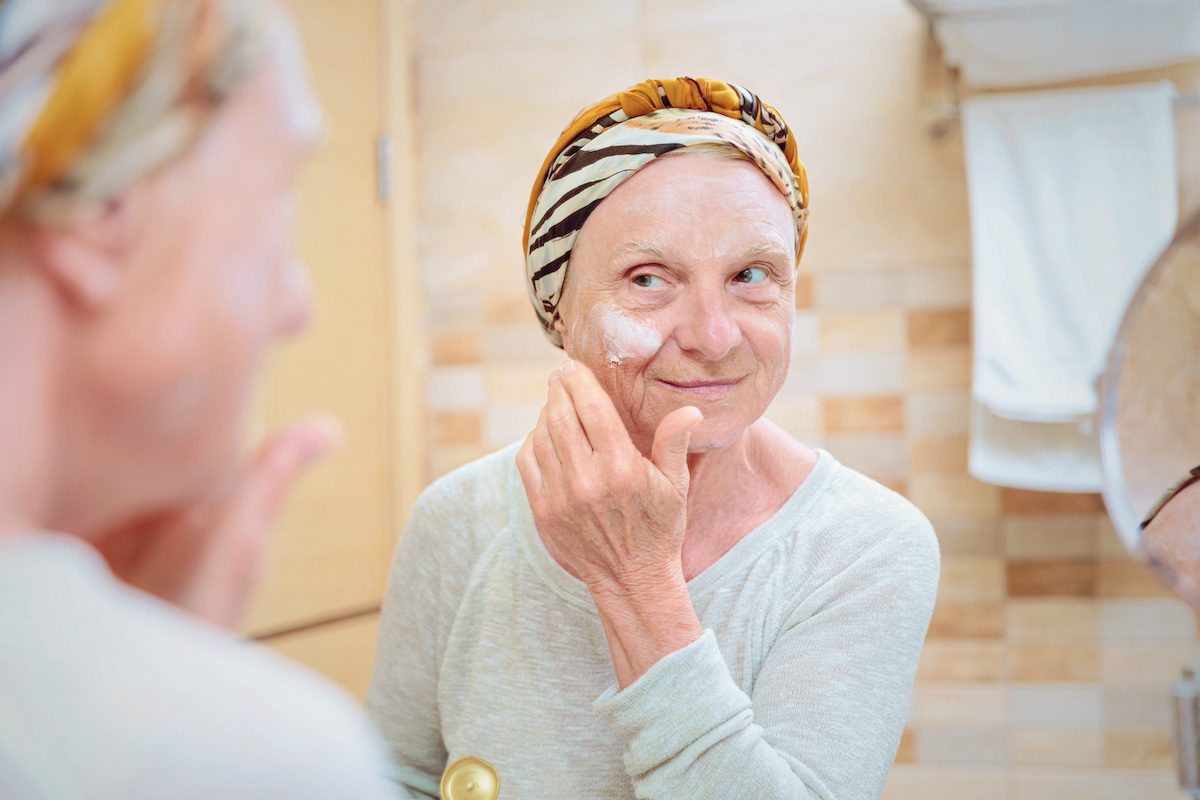As our loved ones age, it’s important to recognize the impact that social interaction and community activities can have on their overall well-being. Maintaining a social life and participating in community activities can help seniors stay mentally, emotionally, and physically active.
In this blog post, we will explore various ways you can assist an elderly person in maintaining a vibrant social life and actively participating in community activities.
By implementing these strategies, you can help enhance their quality of life and foster a sense of belonging and fulfillment.
Encourage Joining Local Clubs and Organizations
One way to assist an elderly person in maintaining a social life and participating in community activities is by encouraging them to join local clubs and organizations.
These groups provide opportunities for seniors to connect with like-minded individuals who share similar interests and hobbies.
Whether it’s a book club, a gardening society, or a community center, such clubs, and organizations offer a sense of camaraderie and companionship. By engaging in group activities, elderly individuals can develop new friendships and expand their social network.
Support Volunteering Efforts
Volunteering is a fantastic way for seniors to stay active and involved in the community. Encourage the elderly person to identify causes or organizations they are passionate about and support their volunteering efforts.
Whether it’s helping out at a local soup kitchen, assisting at a library, or participating in environmental clean-up projects, volunteering provides a sense of purpose and fulfillment.
It also offers opportunities for social interaction with other volunteers and community members, fostering a strong sense of belonging.
Organize Social Gatherings and Outings
Organizing social gatherings and outings is another effective way to assist an elderly person in maintaining a social life.
Plan regular get-togethers with family, friends, and neighbors to create an atmosphere of warmth and inclusion. This can be as simple as hosting a small dinner party or arranging a day trip to a local park or museum.
By actively involving the elderly person in these social activities, you help them feel valued and connected, combating feelings of loneliness or isolation.
Introduce Technology and Social Media
Technology has revolutionized the way we connect and communicate with one another. Introducing the elderly person to technology, such as smartphones, tablets, and social media platforms, can open up new avenues for social interaction.
Help them set up social media accounts, such as Facebook or Instagram, where they can connect with family members, old friends, and distant relatives.
Teach them how to use video calling apps like Skype or Zoom, enabling them to have face-to-face conversations with loved ones who may be geographically distant.
Technology can bridge the gap and facilitate meaningful connections, regardless of physical distance.
Accompany Them to Community Events
Attending community events together can be a great way to support an elderly person’s social engagement. Stay informed about local events, such as fairs, concerts, or cultural festivals, and accompany the elderly person to these outings.
By being their companion, you provide them with a sense of security and comfort while encouraging them to actively participate and interact with others.
Community events often offer a range of activities and entertainment options that cater to various interests, ensuring an enjoyable experience for the elderly person.
Foster Intergenerational Relationships
Building intergenerational relationships can be incredibly rewarding for both seniors and younger individuals. Encourage the elderly person to participate in programs or activities that bring different generations together.
This could involve volunteering at schools, mentoring programs, or intergenerational care facilities. By fostering these connections, elderly individuals can share their wisdom, experiences, and stories with younger generations while also learning from their perspectives.
Intergenerational relationships promote socialization, combat ageism, and contribute to a more inclusive and compassionate society.
Social Isolation in Elderly Individuals
Social isolation among elderly individuals refers to a state where they experience a lack of meaningful social connections and interactions. It can occur due to various factors such as physical limitations, loss of loved ones, geographic distance from family and friends, or limited mobility.
Social isolation can have significant negative impacts on the mental, emotional, and physical well-being of elderly individuals. It can lead to feelings of loneliness, depression, and a decline in overall quality of life.
Recognizing the importance of social engagement and taking steps to combat social isolation is crucial in ensuring the well-being and happiness of our elderly population.
Signs of Social Isolation in the Elderly
Social isolation in the elderly can manifest in various ways. Some common signs include withdrawal from previously enjoyed activities, loss of interest in social interactions, increased reliance on television or other passive forms of entertainment, and a general sense of loneliness or sadness.
If you notice any of these signs, it’s important to address the issue and take steps to promote social engagement and connection.
Are There Any Health Benefits Associated with Maintaining a Social Life?
Absolutely! Research has shown that maintaining a social life can have numerous health benefits for seniors. It can help reduce the risk of cognitive decline, depression, and loneliness.
Social engagement also promotes physical activity, stimulates the mind, and provides emotional support, contributing to overall well-being and a higher quality of life.
What if the Elderly Person is Resistant to Socializing or Participating in Community Activities?
It’s important to respect the elderly person’s preferences and autonomy. Instead of pushing them into activities they may not enjoy, have an open and honest conversation to understand their concerns or reservations.
Explore alternative options that align with their interests and comfort level. Sometimes, it may take time for them to warm up to the idea, so patience and understanding are key.
How Can I Encourage a Sense of Belonging for an Elderly Person in the Community?
To encourage a sense of belonging, involve the elderly person in decision-making processes, seek their opinions, and actively listen to their ideas. Ensure they feel valued and respected within the community.
Encourage participation in community activities where they can contribute their skills and expertise. Additionally, connect them with support groups or organizations specifically tailored to the needs and interests of seniors.
Final Thoughts
Assisting an elderly person with maintaining a social life and participating in community activities is a meaningful endeavor. By implementing the strategies discussed in this article, you can help combat feelings of loneliness and enhance their overall well-being.
If you or your loved one are facing social isolation due to a chronic illness or hospice care, we are here to help! Together, we can create an inclusive and vibrant community for our beloved elderly individuals.




